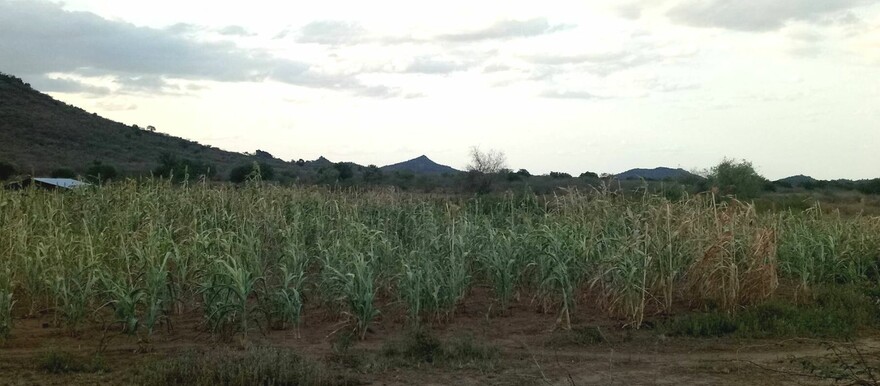Participants who recently completed a three-day training program focused on agronomics and Gender Based Violence (GBV) awareness, organized by Plan International, are calling for increased access to water resources to facilitate efficient irrigation for their vegetable gardens.
The training, which involved 157 participants, aimed to equip individuals with essential skills in agriculture and gender-based violence awareness. The trainees received vegetable seeds during the training and are now seeking support from development partners to enhance their water supply for irrigation purposes.
Specifically, the participants, located in Yirol East County, have urged development partners to install a water yard or water point that could aid in irrigating their small-scale vegetable gardens. These individuals are concentrating on cultivating various types of vegetables in their agricultural pursuits.
Mary Nyaluong Thiangkol, a participant in the training, expressed the knowledge she gained, stating, “I have learned how to clean my home garden and plant dura, groundnuts, okra, onion, and other green vegetables at home.” She emphasized the necessity of water for irrigation and appealed to Plan International for support in establishing water yards to address the challenge of water scarcity during periods without rainfall.
Wol Terac Wol, another participant, shared insights from the training, particularly about the use of natural fertilizers like cow dung to enhance crop yields. He remarked, “Chemical fertilizers cause land degradation and land infertility like what has happened in Sudan. So, we are prepared to use the natural fertilizers from cow dung rather than chemical fertilizers.”
Emmanuel Malath Apugi, Plan International’s Food Assistance Coordinator for Greater Yirol, explained that the organization distributed vegetable seeds to the beneficiaries after the training. The training aimed to impart skills in agro-economic practices and post-harvest techniques, alongside addressing Gender Based Violence awareness. The organization’s efforts include integrating Gender Based Violence awareness activities with food distribution initiatives to bolster the local community’s well-being.
Apugi described how the participants were split into groups and provided seeds and seedlings, and were trained in vegetable gardening, post-harvest management, and agro-economic practices. The training sessions spanned two locations—Malek Payam and Nyang Center—ultimately training a total of 157 beneficiaries. Apugi highlighted the importance of teaching beneficiaries how to utilize water resources during dry seasons to sustain their vegetable farms.
In response to concerns raised by participants about water availability, Plan International is working on plans to construct a water access point, addressing the pressing issue of water scarcity during dry periods.
Gabriel Deng Majok, the Coordinator of the Relief and Rehabilitation Commission (RRC) in Yirol East County, praised Plan International for empowering the community with diverse income-generating skills and knowledge. He elaborated on the training’s scope, encompassing GBV awareness, agricultural practices, and the use of local fertilizers like cow dung to improve crop yields.
“The training was concerning GBV awareness, agricultural activities, and awareness of fertilizers. We have local fertilizers such as cow dung and it is used by the community for vegetable farming. It gives the community different yields and they are also trained on how to plant okras, vegetable seeds and leaves of trees, and beans,” Majok said.
He said the training beneficiaries were also educated on GBV activities in three locations of Lekakudu, Nhomlou, and Nyang of Yirol East County.
Majok conveyed the community’s plea for water yards, particularly during dry spells, and emphasized that such initiatives would significantly alleviate the water scarcity challenges faced by the residents.




